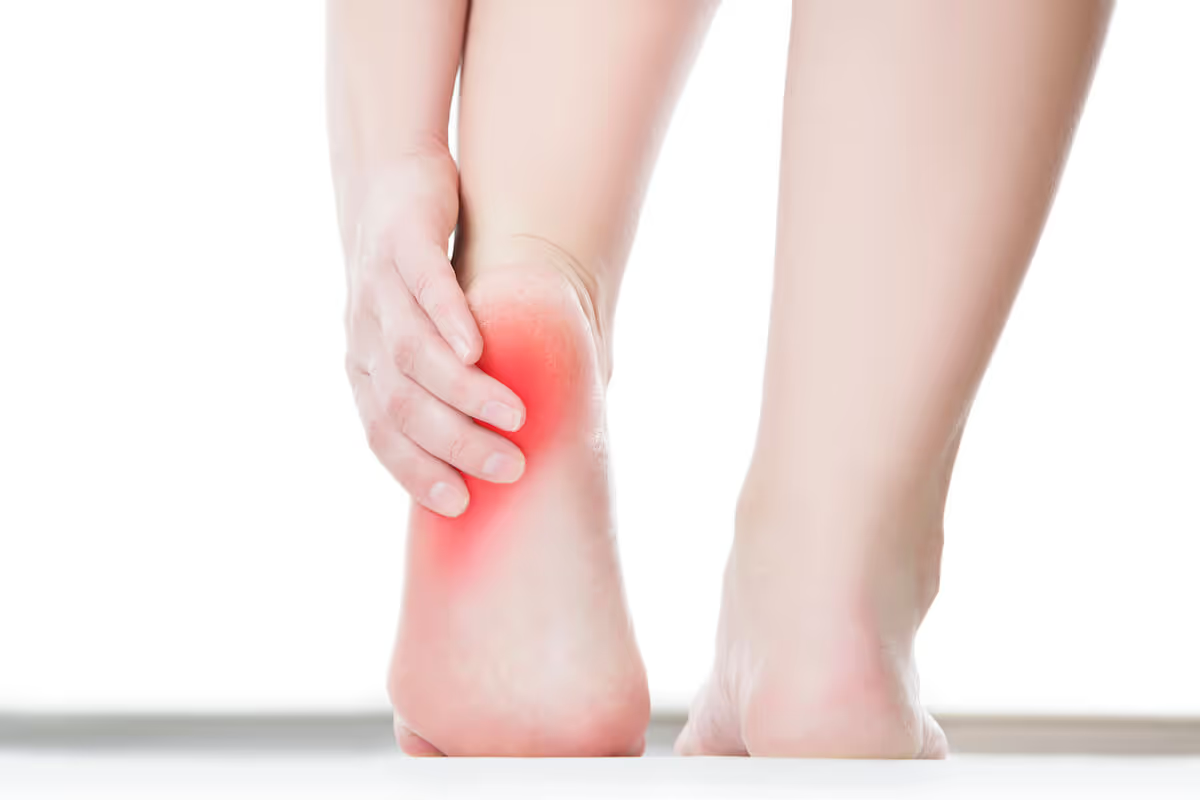Heel Pain


Heel pain can start as a mild inconvenience and progress to serious pain that interferes with your daily activity and exercise. At Advanced Foot and Ankle Specialists, with offices in Elgin, Schaumburg, Huntley, and the Montclare neighborhood of Chicago, Illinois, the podiatric team evaluates and treats your heel pain to get relief. Call the nearest location to set up your appointment or use the online tool to schedule.
Heel pain is usually a result of inflammation of the plantar fascia, a ligament that connects your heel bone to your toes. Plantar fasciitis describes the inflammation of this tissue. You develop plantar fasciitis due to overuse or stress. It causes disabling and chronic pain.
Other, less-common causes of heel pain are:
If you have heel pain, it’s important to get it evaluated by a qualified podiatrist like those at Advanced Foot and Ankle Specialists. An accurate diagnosis is critical to getting the most effective treatment.
Heel pain doesn’t have to be constant to be concerning. It may be most noticeable first thing in the morning when you step out of bed or rise after a long period of sitting.
You may feel the pain recede once you’re warmed up during exercise or after standing for an extended period. But the pain returns fiercely once you sit and rest.
Heel pain is often a result of overuse. When you put a lot of pressure on the heel, it can become aggravated. Runners and people who tend to overpronate, or turn their foot inward, are most vulnerable.
You may also suffer heel pain if you suddenly increase your activity level. Runners, for example, who add a lot of miles all at once or add extra speed or heel work can develop heel pain.
Shoes that lack support, like flip-flops and sandals, can lead to heel pain. Standing all day in shoes like these or being overweight may also put undue pressure on your heel and result in long-term pain.
It’s best to seek care as soon as you notice heel pain. The sooner you get treatment, the better your chance of a quick recovery. If you put off treatment for six months or longer, it’s more likely your heel pain will become chronic.
The treatments offered include:
If you have severe heel pain, your podiatrist may recommend nerve decompression therapy or extracorporeal shock wave therapy (ESWT) to break down heel inflammation and scar tissue.
If you’re suffering from heel pain, don’t delay your treatment. Call Advanced Foot and Ankle Specialists today or use this website to set up your appointment online.

Our team is ready to help you feel your best, one step at a time!